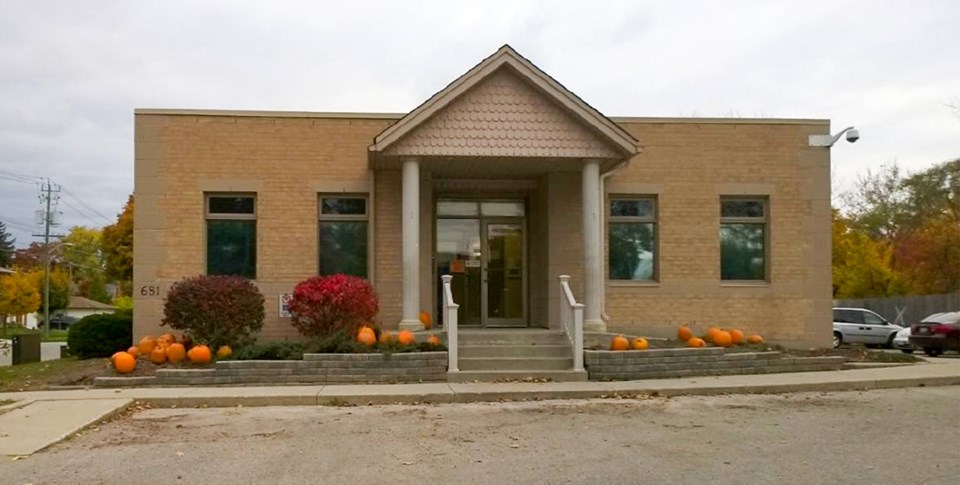Currently only one third of individuals who use the Women’s Interval Home of Sarnia-Lambton (WIHSL) are able to secure safe and appropriate housing when they leave the shelter. This statistic, according to WIHSL executive director Jennifer Vansteenkiste, is way too high.
“Prior to the pandemic we were very successful in finding housing for the women who come through our shelter. But it’s really the lack of stock and suitable housing for women,” Vansteenkiste told city council on Monday.
The WIHSL currently offers safe and alternative shelter for women, children and gender-diverse people fleeing domestic violence. Some of the services they offer are a 24/7 crisis line, programming, restorative justice, transitional housing services and short term shelter.
At Monday’s city council meeting, councillors voted unanimously to allow the WIHSL to request city staff to determine a piece of city land that could be donated to the project. This land would provide a space for affordable and transitional housing for the organization so that they can adequately provide for individuals after they leave the shelter.
“Without a piece of donated land we will not be able to apply to CMHC (Canada Mortgage and Housing Corporation) for funding, so this was a make or break for us. If we didn’t get their approval we wouldn’t be able to move forward,” says Vansteenkiste.
According to the WIHSL’s presentation on Monday, 79 per cent of women report that high housing costs were a barrier to leaving an abuser, while 65 per cent report experiencing housing insecurity when they leave shelters.
“When they are sent back out from our emergency shelter, they are basically in shock…and they are scrambling. So what we want to do is we want to give them more time to address all the issues, there are many issues that come with domestic or intimate partner violence,” explains Vansteenkiste. “We want to give women the space and time they need to recover emotionally, physically and even financially to make that move into housing.”
At Monday’s meeting Vansteenkiste told council they have determined, “that we need one, two and three bedroom units and probably in the range of 15 to 20 units…This development will include specialized supports, and programming for women and their children to assist them in independent living and prepare them for affordable and private market rent housing."
The build will also be designed with survivors in mind, having clear sight lines, sound dampening materials, and dimmable lights for residents with PTSD and brain injuries. The building would also have high security and controlled entrances.
There is currently no timeline for finishing the project but Vansteenkiste says a hard timeline will come after they have picked out the land.
“Then [we] go to city council for their approval that we move forward. Next is looking at funding, getting support from the community and putting together a proposal to CMHC,” explains Vansteenkiste.
While the project is just getting started, Vansteenkiste says that community members are welcome to get involved, as the organization is always looking for support.
“We are really looking for financial support at this time and if people are interested in making a donations to us, we have a fund set aside and we put all the earmarked donations from the community in that fund to help us move forward,” says Vansteenkiste.
